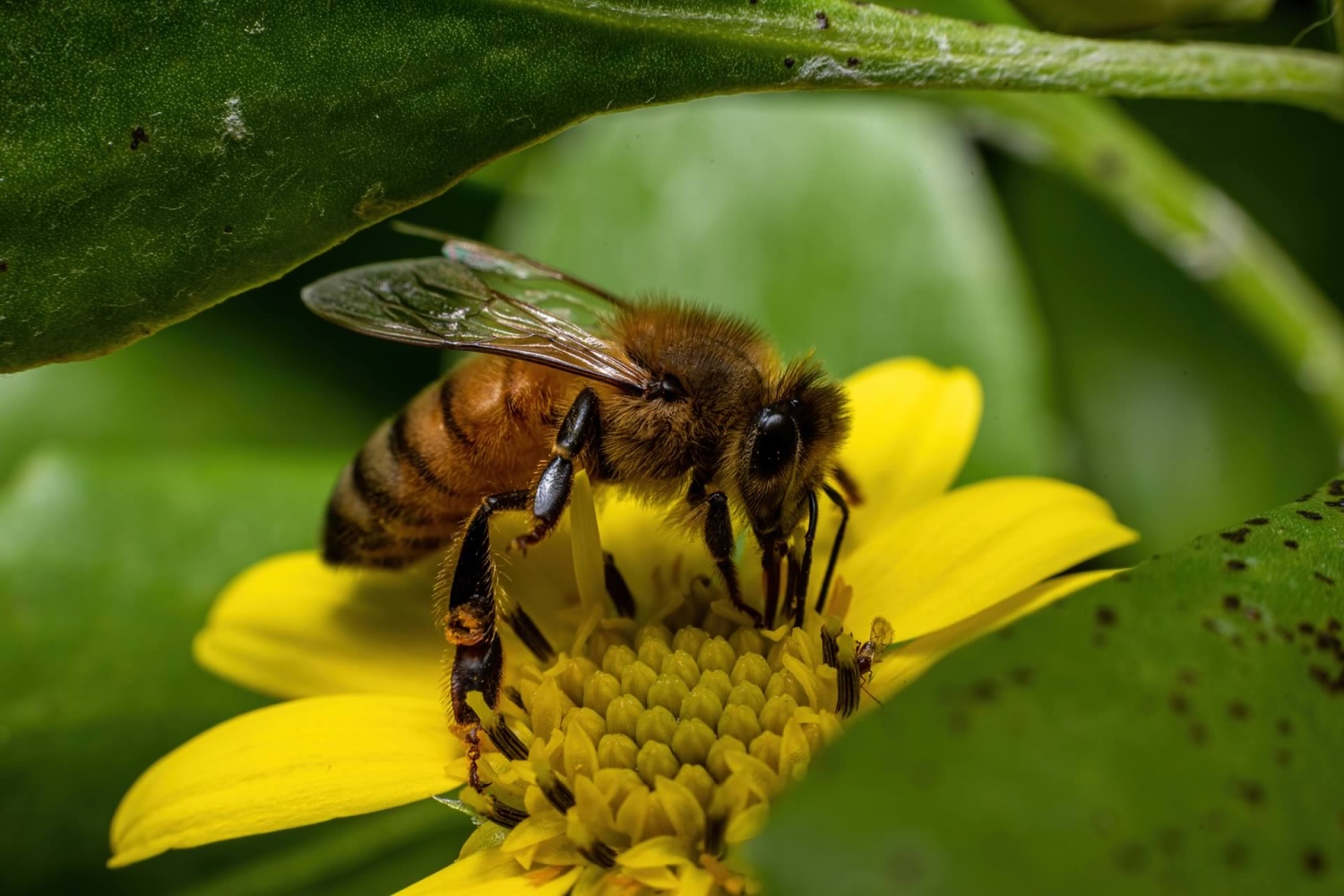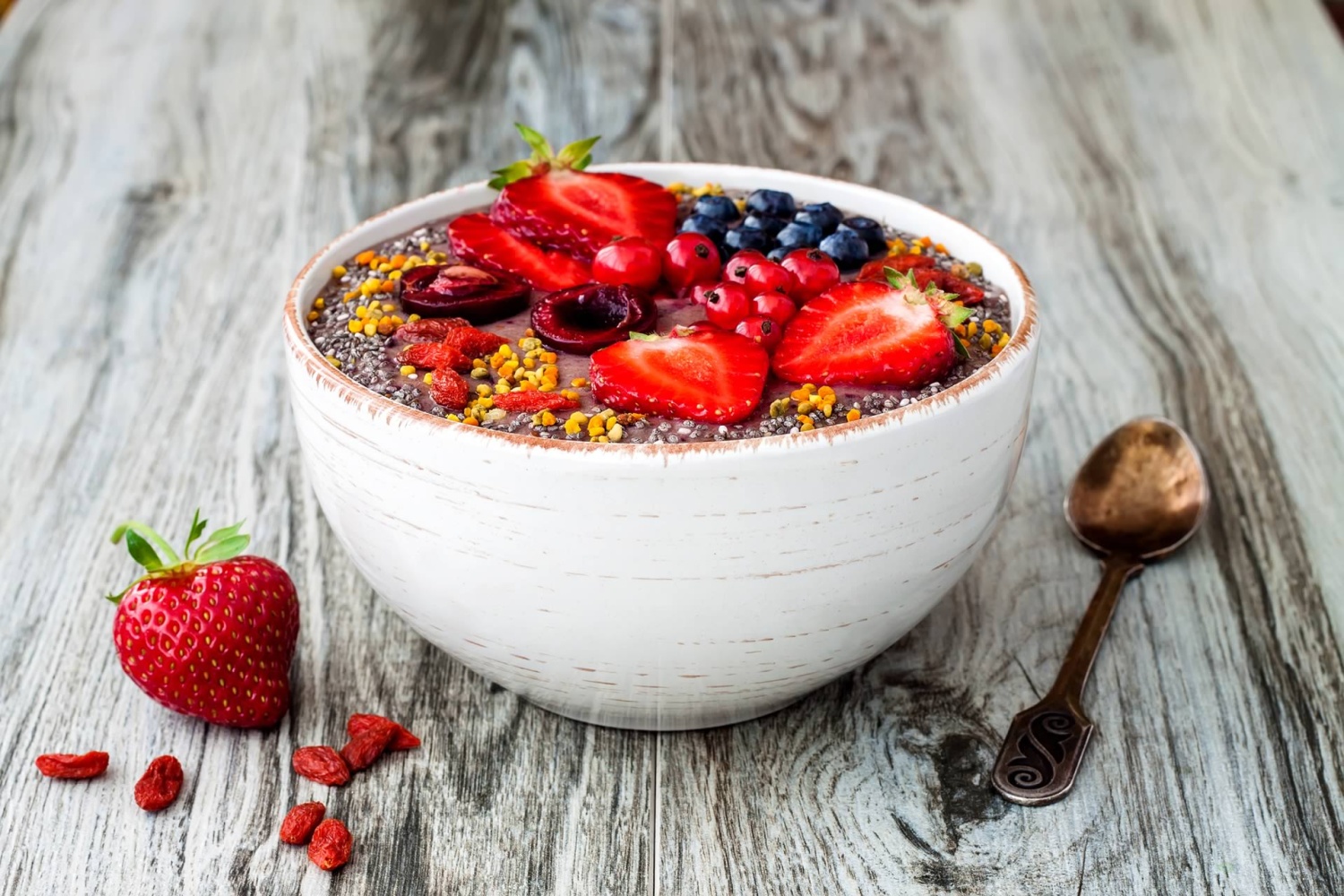In the vast realm of natural remedies and superfoods, few can match the versatility and health-promoting properties of bee pollen. Produced by bees as they collect pollen from flowers, this remarkable substance is rich in nutrients, enzymes, and bioactive compounds. For centuries, bee pollen has been recognized as a potent source of vitality, providing a wide range of health benefits. In this article, we delve into the world of bee pollen, exploring its composition, nutritional value, and the numerous advantages it offers for human health and well-being.
Composition and Nutritional Value of Bee Pollen
Bee pollen is a highly concentrated nutritional treasure trove. Its composition can vary depending on the geographic location, plant species, and time of collection. However, on average, bee pollen comprises approximately 40% carbohydrates, 35% protein, 5% fat, and 10% water, with the remaining 10% consisting of vitamins, minerals, and enzymes. The pollen grains also contain essential amino acids, antioxidants, fatty acids, and a multitude of phytochemicals that contribute to its therapeutic potential.

Health Benefits of Bee Pollen
-
Nutritional Powerhouse: Bee pollen is often referred to as nature's multivitamin due to its impressive nutritional profile. It contains a wide array of vitamins, including B-complex vitamins, vitamin C, and vitamin E, as well as minerals such as magnesium, calcium, and zinc. This comprehensive nutrient content helps support overall health and strengthens the immune system.
-
Energy and Stamina Boost: The rich carbohydrate content in bee pollen provides a sustainable source of energy, making it an ideal supplement for athletes and those seeking a natural energy boost. Additionally, its amino acid composition aids in muscle recovery and repair.
-
Allergy Relief: Surprisingly, bee pollen can help alleviate seasonal allergies. Regular consumption of local bee pollen may desensitize the body to environmental allergens, reducing the severity of allergic reactions.
-
Anti-inflammatory and Antioxidant Properties: Bee pollen contains flavonoids and phenolic compounds, which possess potent antioxidant and anti-inflammatory effects. These properties help combat oxidative stress, reduce inflammation, and protect against chronic diseases such as heart disease and cancer.
-
Digestive Health: Enzymes present in bee pollen aid in digestion and improve nutrient absorption. It can also act as a mild laxative, promoting regular bowel movements and supporting gastrointestinal health.
-
Skin Health and Radiance: The nutritional components of bee pollen contribute to healthy skin. It promotes collagen production, improves skin elasticity, and protects against premature aging. Bee pollen is often found in skincare products due to its ability to nourish and revitalize the skin.
-
Mental Well-being: Bee pollen contains natural compounds that support cognitive function and mental well-being. It may improve memory, concentration, and overall brain health, making it beneficial for individuals of all ages.
Usage and Precautions for Bee Pollen
Bee pollen is available in various forms, including bee pollen granules, capsules, powders, and tinctures. When incorporating bee pollen into your routine, it is essential to start with small quantities to test for any potential allergic reactions. Some individuals may be allergic to pollen or bee products, and in such cases, bee pollen consumption should be avoided.
It is advisable to source bee pollen from reputable suppliers who follow proper collection and processing practices. Local and organic bee pollen is often recommended as it can offer potential benefits for seasonal allergies specific to your region.
How do you consume Bee Pollen?
Consuming bee pollen is relatively straightforward, and there are various ways to incorporate it into your diet. Here are some popular methods of consuming bee pollen:
-
Raw Granules: Bee pollen is commonly available in granule form. These small, golden granules can be consumed directly by placing them under the tongue and allowing them to dissolve. Start with a small amount (around half a teaspoon) and gradually increase the dosage as tolerated.
-
Smoothies and Beverages: Add bee pollen granules to your favorite smoothie or beverage for an extra nutritional boost. Blend them with fruits, vegetables, yogurt, or plant-based milk to create a delicious and nutritious drink.
-
Sprinkled on Food: Sprinkle bee pollen granules over cereals, oatmeal, yogurt, salads, or desserts. It adds a mild, floral flavor and a crunchy texture to your dishes.
-
Mixed with Honey: Combine bee pollen with raw honey to create a powerful and nutritious blend. Stir a teaspoon of bee pollen into a tablespoon of honey and consume it directly or spread it on toast.
-
Capsules or Tablets: If you prefer a more convenient option, bee pollen is available in capsule or tablet form. Follow the dosage instructions provided by the manufacturer. This method is particularly useful for individuals who may find the taste or texture of bee pollen granules unfavorable.

Important Considerations when consuming Bee Pollen
When consuming bee pollen, keep the following points in mind:
-
Start Slow: Begin with a small amount of bee pollen and gradually increase the dosage over time. This allows your body to adjust and helps identify any potential allergic reactions.
-
Allergies: Some individuals may have allergies or sensitivities to pollen or bee products. If you have known allergies to pollen or bee stings, it is advisable to consult with a healthcare professional before consuming bee pollen.
-
Quality and Source: Choose high-quality bee pollen from reputable sources. Look for organic and locally sourced options when possible to ensure purity and minimize exposure to contaminants.
-
Storage: Bee pollen should be stored in a cool, dark place, preferably in an airtight container. Proper storage helps maintain its freshness and nutritional value.
-
Consult a Healthcare Professional: If you have any specific health concerns or are taking medications, it is always advisable to consult with a healthcare professional before incorporating bee pollen into your routine.
Remember, bee pollen is a natural substance, but individual experiences and reactions may vary. It's important to listen to your body and make informed decisions about incorporating it into your diet.
Conclusion
Nature has bestowed upon us an extraordinary gift in the form of bee pollen. This superfood, brimming with essential nutrients and therapeutic compounds, offers a multitude of health benefits. From boosting energy levels and supporting the immune system to promoting skin health and alleviating allergies, bee pollen has become a staple in natural medicine. By incorporating this nutritional powerhouse into our daily routine, we can harness the remarkable potential of bee pollen and enhance our overall well-being, both inside and out.
Posted By Herb Wholesalers
Updated : 21st June 2023 | Words : 1038 | Views : 1642





